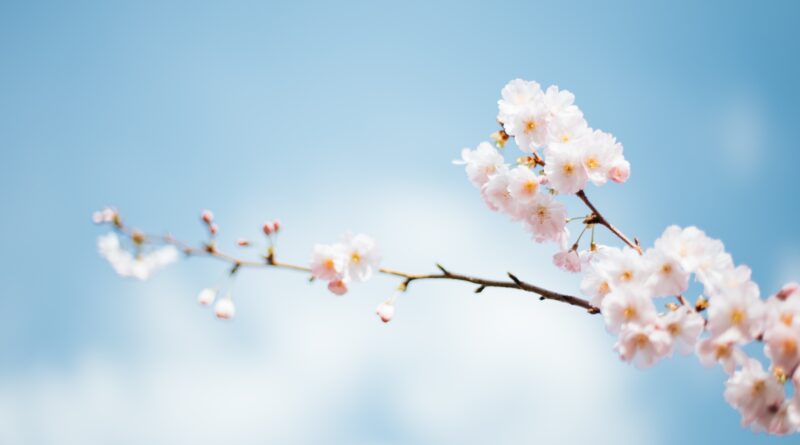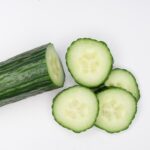Sakura (サクラ – Decoy)
Sakura
サクラ
The season of “sakura” (桜 – cherry blossom) is gradually leaving.
桜の季節が過ぎ去ろうとしています。
Cherry blossoms are beautiful, but the word “sakura” is sometimes used as a slang term with a bad meaning.
桜は美しい木ですが、実は「サクラ」という言葉は悪い意味を持つ隠語として使われることもあります
It means a person who slips into lurks in customers/audiences, and praises an item or makes the atmosphere of the venue.
その意味は、「客の中に紛れ込み、商品を褒めて購買意欲を誘ったり、公演が盛り上がるように誘導する者」です。
In the Edo period, there were people who shout at a big scene of Kabuki (traditional Japanese drama) to boost the performance — they were able to see the Kabuki performance without a fee in return for the role.
江戸時代、芝居小屋で歌舞伎を無料で見せて貰うかわりに、芝居の見せ場で掛け声をかけるなどして場を盛り上げる人がいました。
Such people were called “sakura” (cherry blossom), because the momentary boost evoked cherry trees that bloom only for a short period, and people could see cherry blossoms for free.
「桜の花見」も無料であること、そして「桜が咲いて散るように瞬間的に盛り上げること」をかけて、そのような人を「サクラ」と呼んだそうです。
Later, “sakura” has come to be used to mean “confederate” and “decoy.”
このことから、「仕込み客」のことを「サクラ」と呼ぶようになりました。




